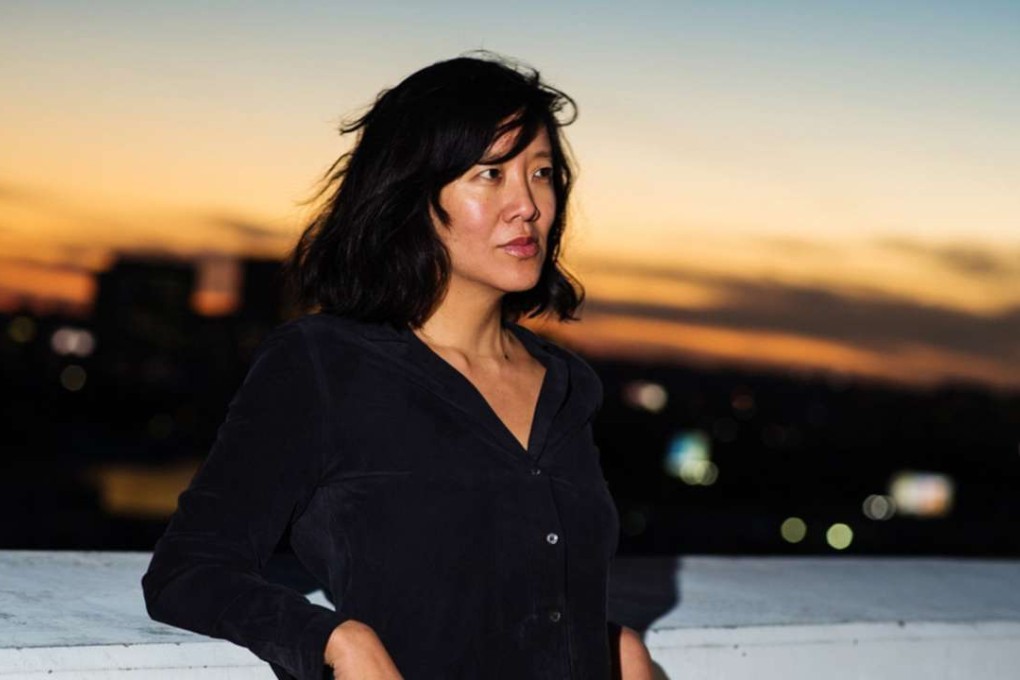Advertisement
Book review: The Wangs vs. the World dazzles with its charm and confidence
This humorous road-trip story refreshingly breaks every unwritten rule of the Asian-American family saga in a high-energy read
Reading Time:3 minutes
Why you can trust SCMP


The Wangs vs. the World
by Jade Chang
Advertisement
Houghton Mifflin Harcourt
4 stars
Advertisement
Following in the tradition of the comic road-trip novel, The Wangs vs. the World is jam-packed with misadventures and unplanned excursions as the Wang family crisscrosses the United States in their increasingly crowded vintage station wagon.
Advertisement
Select Voice
Choose your listening speed
Get through articles 2x faster
1.25x
250 WPM
Slow
Average
Fast
1.25x